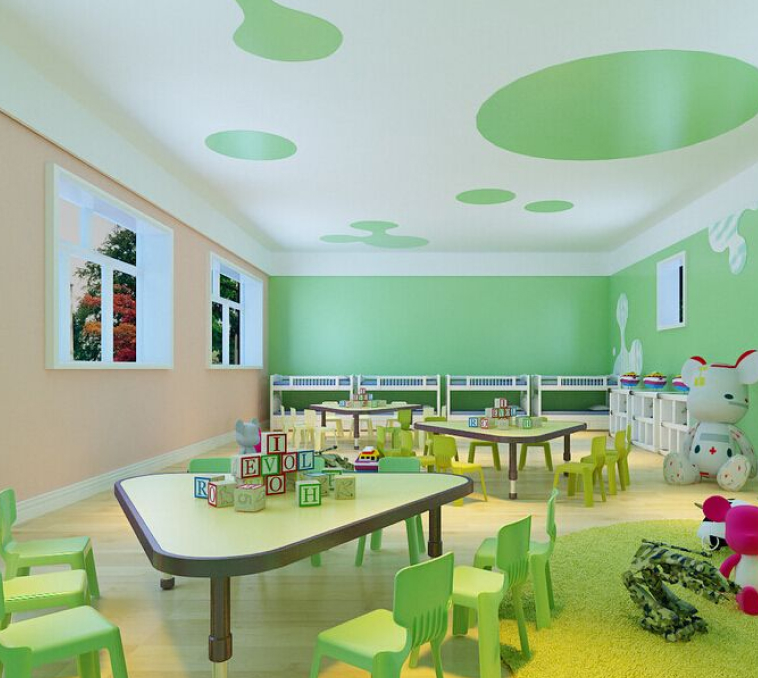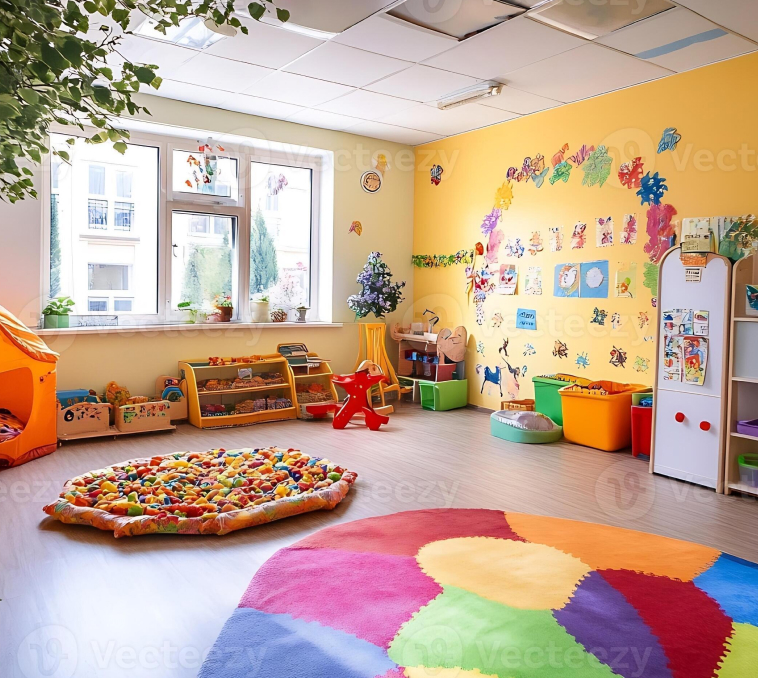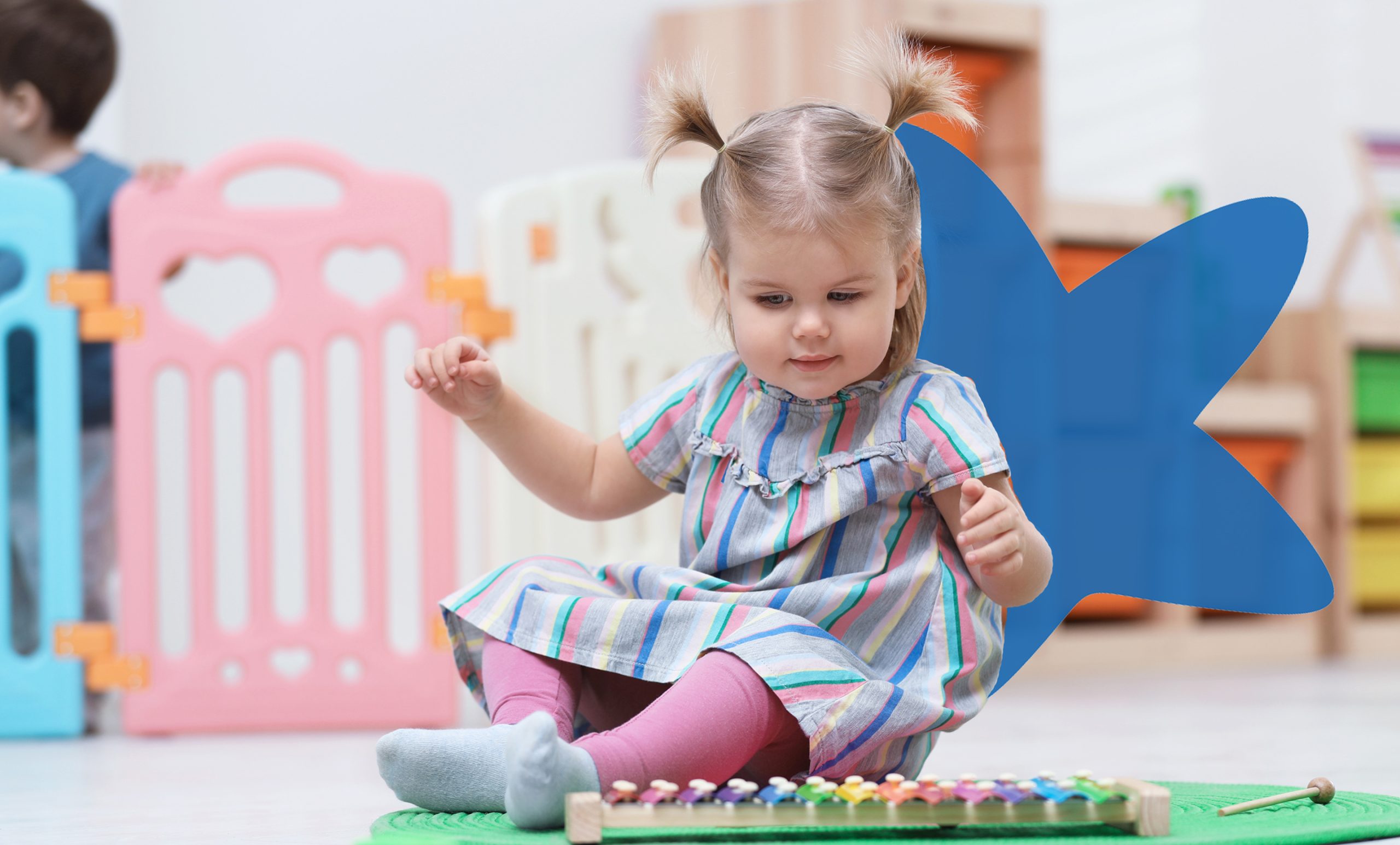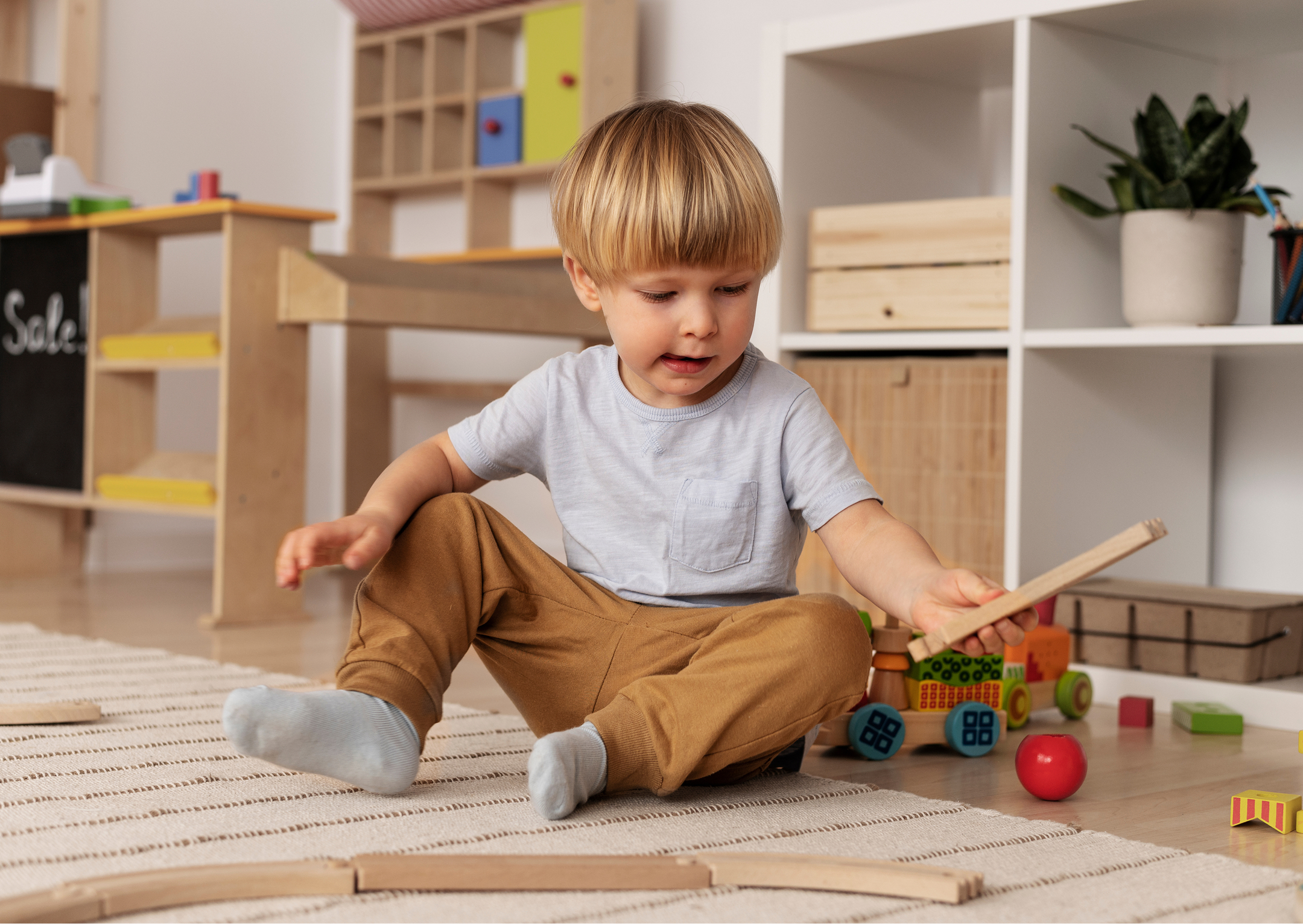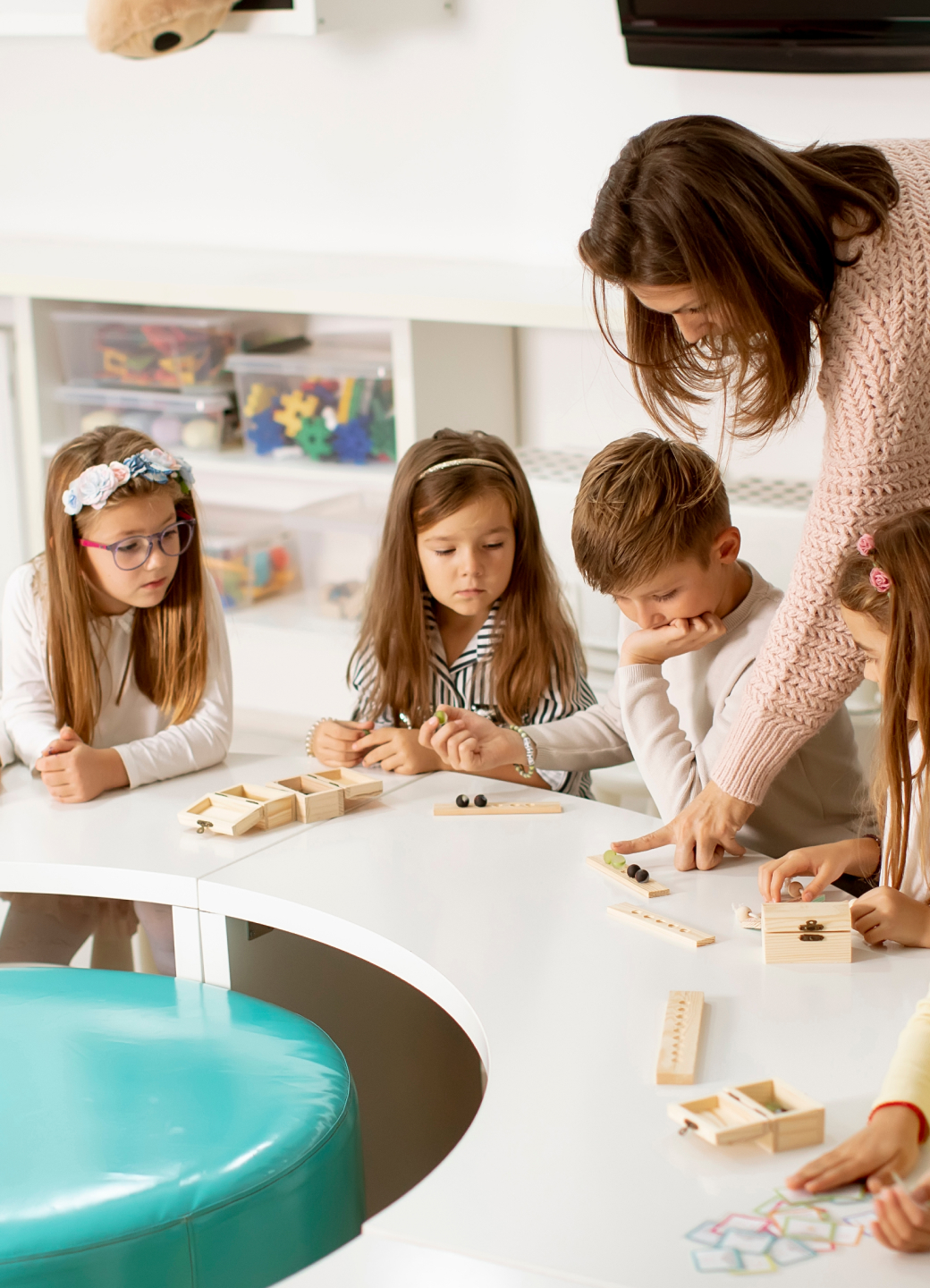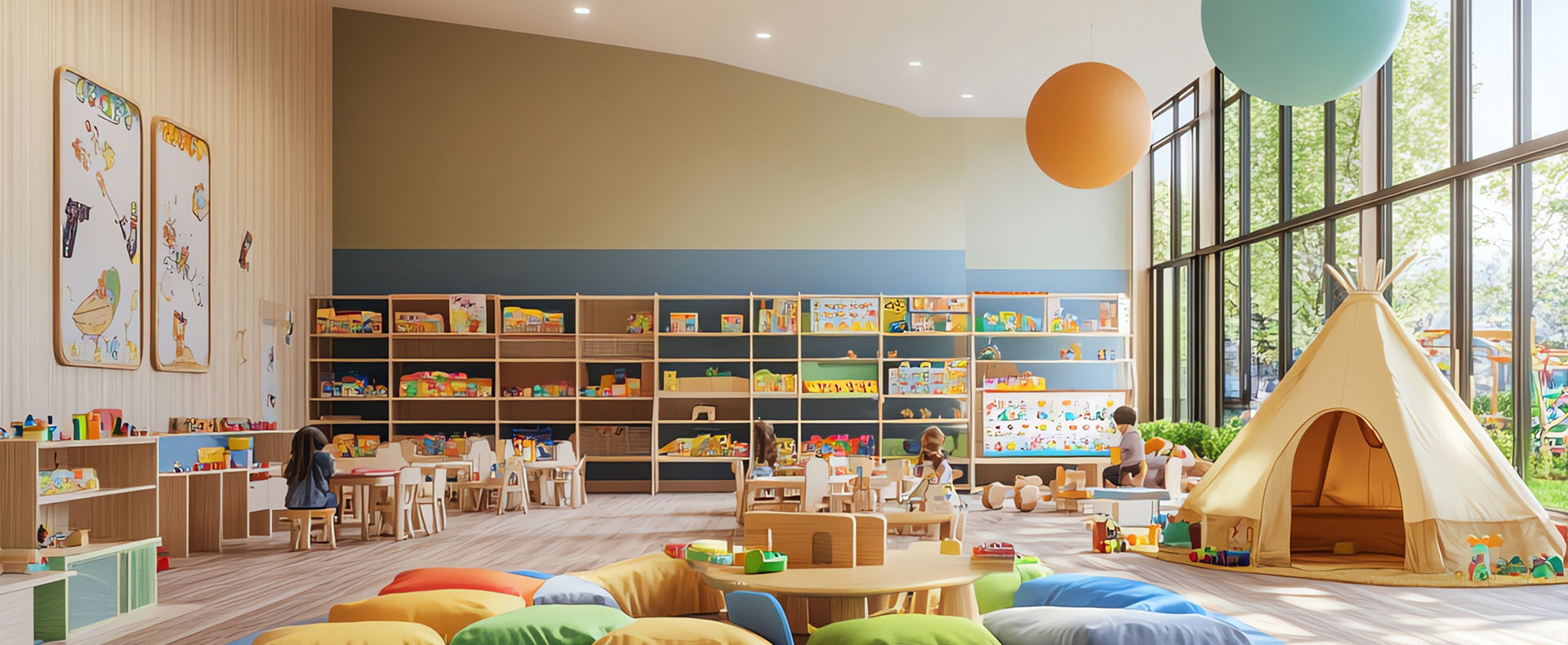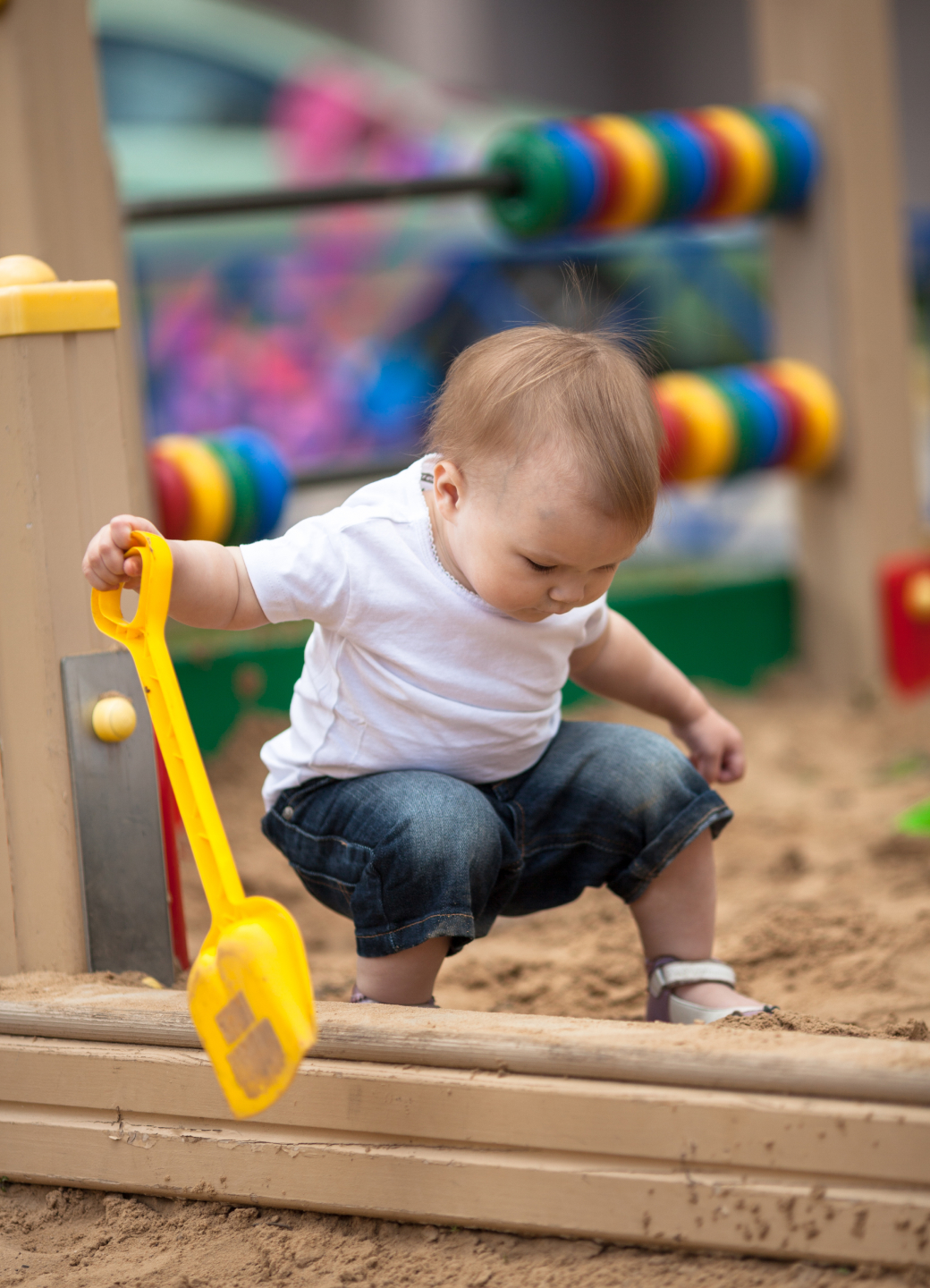
Emotional resilience is a crucial skill for children to develop early on, as it helps them cope with stress and challenges throughout their lives. For preschoolers, building this resilience can set a solid foundation for emotional well-being. Here are some techniques and activities that can help young children develop emotional resilience and cope with stress and challenges.
Techniques for Building Emotional Resilience
Encourage Open Communication: Create a safe and supportive environment where your child feels comfortable expressing their feelings. Encourage them to talk about their emotions and validate their experiences.
Model Healthy Coping Skills: Children learn by observing adults. Demonstrate healthy coping strategies, such as deep breathing, positive self-talk and problem-solving, to show your child how to manage stress effectively.
Promote a Growth Mindset: Help your child understand that mistakes and setbacks are part of learning. Encourage them to view challenges as opportunities to grow and learn, rather than as failures.
Teach Emotional Regulation: Introduce techniques like deep breathing, counting to ten, or using a calm-down corner to help your child manage their emotions. Practice these strategies together so they become familiar and comfortable for your child.
Build Strong Relationships: Foster strong, supportive relationships with family members, friends and caregivers. A strong support network can provide a sense of security and help your child navigate challenges.
Activities to Foster Emotional Resilience
Play-Based Learning: Engage in play-based activities that encourage problem-solving, creativity and social interaction. Through play, children can explore different scenarios and learn to manage their emotions.
Storytelling and Role-Playing: Use storytelling and role-playing to help your child understand and navigate different emotions. Reading books about emotions or acting out scenarios can provide valuable lessons in empathy and coping.
Mindfulness Practices: Introduce simple mindfulness activities, such as guided imagery, body scans, or mindful breathing. These practices can help children become more aware of their emotions and develop a sense of calm.
Creative Expression: Encourage your child to express their feelings through art, music, or movement. Creative activities provide a safe outlet for emotions and can help children process their experiences.
Outdoor Play: Spending time in nature and engaging in physical activities can reduce stress and promote emotional well-being. Encourage your child to play outside, explore nature and engage in physical play.
The Role of Early Learning Centres
Early learning centres play a vital role in supporting the emotional resilience of preschoolers. These centres provide a structured environment where children can develop social skills, build relationships and learn coping strategies. Educators at early learning centres can:
Create a Supportive Environment: Foster a nurturing and inclusive atmosphere where children feel safe and valued.
Teach Emotional Skills: Incorporate lessons on emotional regulation, empathy and problem-solving into the curriculum.
Support Individual Needs: Recognise and address the unique emotional needs of each child, providing tailored support and guidance.
By working together, parents and early learning centres can help preschoolers build emotional resilience, setting them up for success in managing stress and challenges throughout their lives. Through consistent support and positive reinforcement, young children can develop the skills they need to thrive emotionally.

